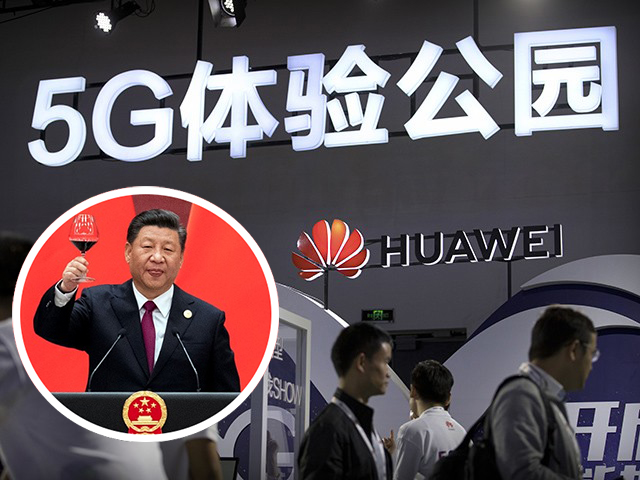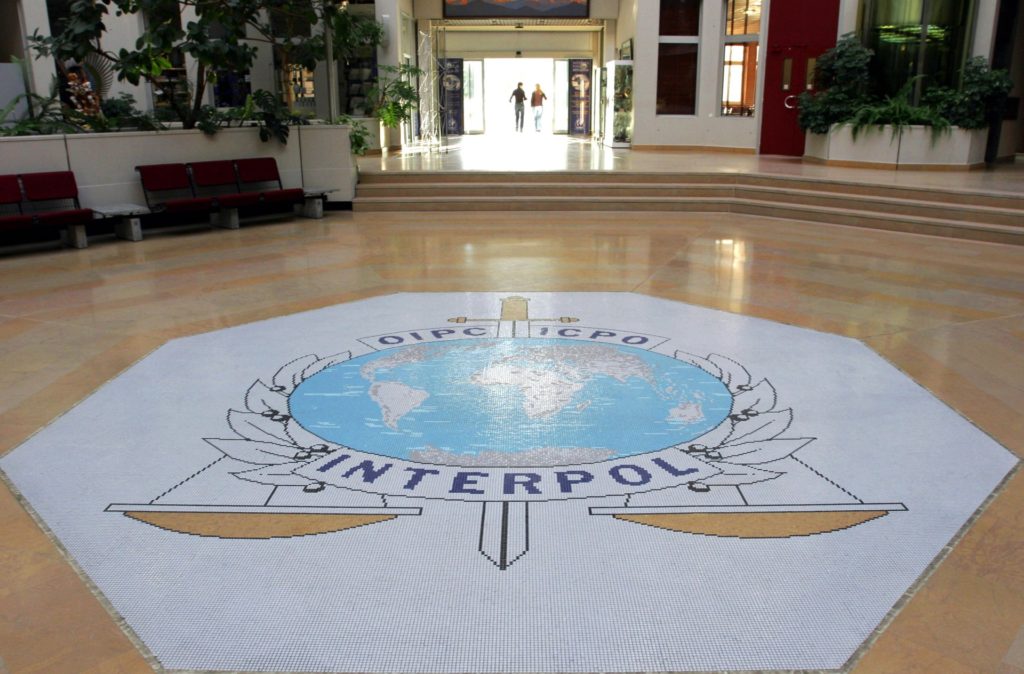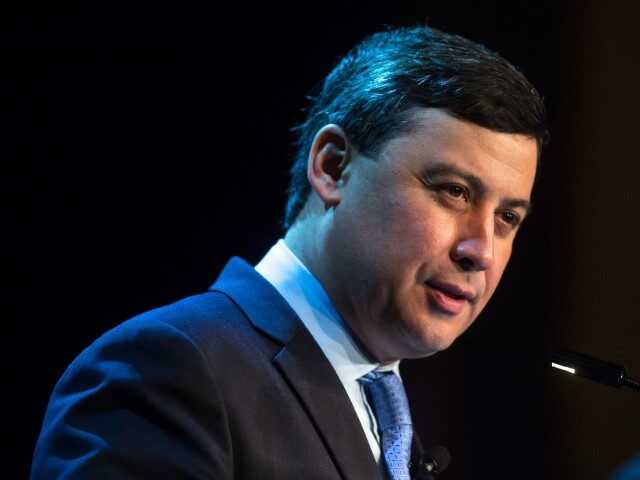Canadian MP Michael Chong testified before the U.S. Congress on Tuesday about his experience as the target of a Chinese political interference campaign. Chong said China’s tactics “cannot be tolerated in a free and democratic country.”
Chong, a member of the opposition Conservative Party, was targeted by the regime in Beijing because he led an effort in the Canadian Parliament to condemn the Uyghur genocide.
The Canadian Security Intelligence Service (CSIS) determined that a Chinese diplomat named Zhao Wei was plotting to use Chong’s family in Hong Kong as leverage to “make an example” out of him. China’s goal was allegedly to keep Prime Minister Justin Trudeau in power, but weakened enough to be even less of an impediment to Beijing’s agenda than he already was.
The CSIS report from 2021 was not made public until the Globe and Mail exposed it in February 2023. This embarrassed the Trudeau administration into taking action at last, declaring Zhao “persona non grata” and expelling him from Canada.
Under continuing pressure from the opposition, Trudeau appointed a “special investigator” named David Johnston to investigate Chinese political interference. An old friend of the Trudeau family, Johnston accomplished little besides fending off demands for a public inquiry before wearily resigning in June.
Chong told Congress he was displeased with the Trudeau administration for not informing him about the Chinese threat until the spring of 2023, but said his relations with the administration have been better since then.
“Democracies are often slow to react to the threat of authoritarian states, which can act much more quickly. Since the spring, the Canadian government has been standing up and supporting me,” he said.
“My experience is but one case of Beijing’s interference in Canada. Many other cases go unreported and unnoticed, and the victims often suffer in silence,” Chong told Congress on Tuesday.
Chong said that in addition to his resolution on the Uyghur genocide, he was targeted for trying to keep China’s state-compromised Huawei corporation out of Canada’s 5G network, and for trying to “develop a robust plan, as Australia has done, to combat China’s growing foreign operations here in Canada and its increasing intimidation of Canadians living in Canada.”

Visitors look at a display for 5G wireless technology from Chinese technology firm Huawei in Beijing, Sept. 26, 2018. (Mark Schiefelbein/AP; inset by Nicolas Asfouri/Getty Images)
Chong said China’s global influence network is a “systematic, long-term effort” that includes online platforms like WeChat, state-controlled “news” media, and in-person operations like the bureaus Beijing uses to monitor and influence Chinese students living abroad.
On the latter point, Chong said the Chinese Communist Party is a “pervasive threat on university campuses.” He also pointed to the illegal “police stations” China established in Canada, the United States, and other countries to monitor and coerce Chinese nationals living abroad.
WATCH: China Operates Police Stations in the US, FBI Chief Admits
Video Source: C-SPAN“These various tactics are a serious and concerted effort to interfere with democratic activity in Canada, and leave millions of Canadians at risk of being intimidated, coerced, silenced and unable to enjoy the basic democratic rights and freedoms guaranteed in the Charter of Rights and Freedoms,” he said.
“Foreign interference is a serious national security threat to Canada. It threatens our economy, our long-term prosperity, our social cohesion, our Parliament and our elections,” he warned.
Rep. Chris Smith (R-NJ), chair of the bipartisan Congressional-Executive Commission on China, said China’s treatment of Chong was “unacceptable and outrageous.”
“Although Michael has been harassed, he has not in any way, shape, or form been intimidated,” Smith said.
“We have seen relentless targeting of young activists who have spoken against the increasingly repressive conditions in Hong Kong and we have seen unrelenting pressure that continues to be directed at Uyghurs around the world,” said Sen. Jeff Merkley (D-OR).
Other members of the commission praised Chong for his courage in speaking out and his tenacity in the face of such threats.
Chong had some policy ideas for the U.S. and Canada to consider, including streamlined exchanges of information between Western countries about Chinese interference threats. He said Canada should adopt some of the foreign registry and transparency laws embraced by the United States and the United Kingdom and he praised Taiwan for moving quickly and effectively against Chinese meddling.
“One area for cooperation should include the sharing of best practices among the Five Eyes intelligence alliance about when to release information to the public about the PRC’s foreign interference threat activities,” he said.
Chong also proposed reforming Interpol, the international police agency, because it has increasingly come under China’s sway. He said it was important to ensure that Interpol “isn’t used as a tool to arrest” targets of the Chinese government.

The entrance hall of Interpol’s headquarters is shown in Lyon, central France on Sept.27, 2017. The world police agency meets in Istanbul this week to elect new leadership. But human rights groups are warning that Interpol’s powerful network of global cops could end up in the hands of authoritarian governments. (Laurent Cipriani, File/AP)

COMMENTS
Please let us know if you're having issues with commenting.